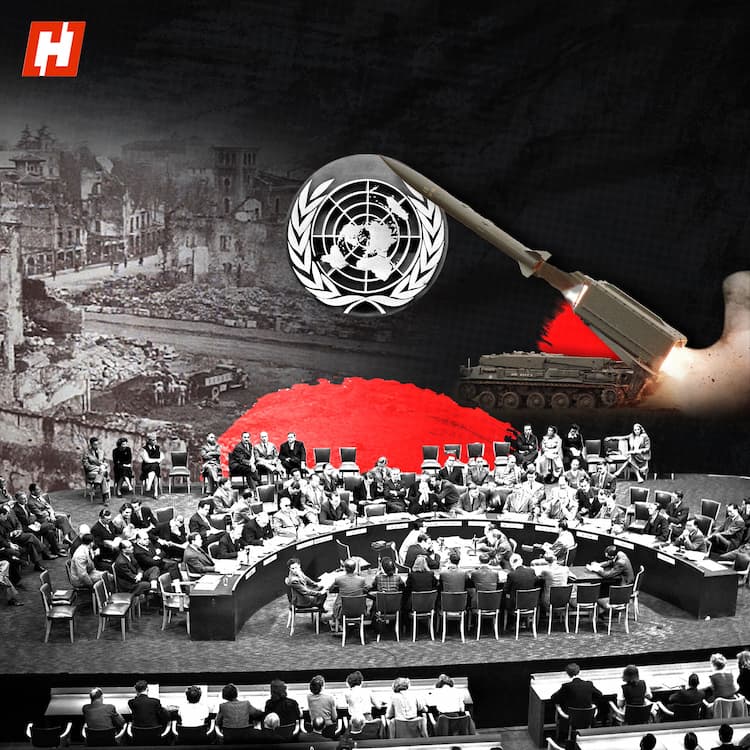Trump’s tariffs pushing India closer to Russia, and even China

Donald Trump’s tariffs are triggering a geopolitical shift—fortifying India’s ties with Russia, and softening its stance towards Beijing.
As Trump threatens to “substantially” raise tariffs on Indian products over Russian oil purchases, New Delhi is assessing its strategic posture.
Despite mounting pressure from the United States to cut back on cheap Russian oil imports, India reaffirmed its partnership with Russia.
Following Trump’s warning—on top of 25% tariff hike and unspecified penalty announced earlier—India hit back with a firm rebuttal.
New Delhi called out the US and Europe’s hypocrisy for continuing to purchase Russian energy.
India on Tuesday said that it was the US that actively encouraged it to buy Russian oil for “strengthening global energy markets stability.”
The claim was soon validated when a 2024 video went viral featuring US’ former ambassador to India Eric Garcetti, admitting that America backed India for buying Russian oil.
“India bought Russian oil because America wanted it to buy the oil at a price cap. That was not a violation. America didn't want the price of oil to go up," he had said.
India continues to buy Russian oil
Shortly after Trump’s tariff announcement, media reports claimed that India halted buying Russian oil. However, the Indian government swiftly denied this.
“Our ties with any country, or all the ties that we have with various countries, they stand on their own merit and they should not be seen through the prism of a third country. As far as India-Russia relations are concerned, we have a steady and time-tested partnership,” Randhir Jaiswal, Spokesperson for the Ministry of External Affairs, said.
Indian news agency ANI, quoting government official sources, said that the Indian refiners will continue purchasing Russian oil— which will be based on “price, grade of crude, inventories, logistics and economic factors”.
This statement from India reflected two key aspects of its foreign policy.
First, it will continue to pursue the strategy that best protects its sovereignty.
And second, India will follow its own terms on buying Russian oil—which is driven by economics and not diktat.
Experts believe that Trump’s tariff tactics may be backfiring—instead of isolating India from Russia, it is driving them closer.
According to a Bloomberg report, after Trump’s tariff announcement, Indian refiners stepped up purchases, importing more than 2 million barrels of Urals crude.
India is now the second biggest buyer of cheap Russian oil after China.
Not only this, India has also scheduled visits of two of its senior-most officials to Moscow.
India’s National Security Advisor Ajit Doval and External Affairs Minister S Jaishankar are expected to meet Russian President Vladimir Putin in Moscow in August—signalling that the ties are only deepening.
India-China ties
But it’s not just Russia. Trump’s unpredictable tariff policy is also making India recalibrate its ties with its long-term rival, China.
Following the 2020 Galwan clashes in Ladakh, India drastically reduced Chinese investments and halted economic engagement. But by late 2024, that began to shift.
Bilateral talks began by June, direct flights were reinstated, and Chinese companies were given selective access to Indian markets, without compromising India’s strategic interests.
The reset in ties culminated with India’s foreign minister S Jaishankar meeting Chinese President Xi Jinping in July.
Not only this, there are talks to revive the long-dormant dialogue, called the Russia-India-China mechanism.
Institutionalised in 2002, the Russia India China troika has been inactive since November 2021.
Also read | New US tourist visa rules mandate up to $15,000 bonds. What can travelers expect?
But the growing friction with the West over the Russian oil has renewed interests in reviving the trilateral mechanism, with Russia and China leading the push.
However, India has remained non-committal in reviving the troika.
Trump initially justified tariffs on India by accusing it of taking unfair advantage of the U.S. economy. He pushed for a trade deal with New Delhi, but with the negotiations stalling, Trump has now doubled down. This time, he is penalising India for its continued reliance on cheap Russian oil.
Also read | Netanyahu mulls full occupation of Gaza despite IDF's objections | Hamas' hostages at risk
Ironically, he remains silent on countries like China and Turkey, which are also major buyers of Russian energy.
Now, all eyes are on India—whether it will stay the course on strategic autonomy, or yield to Trump’s pressure to safeguard its economy.
Trending in Geopolitics

The only Indian ever executed by the Nazis — M. Madhavan

'New world order' that never was: 80 years since World War 2

Why advocates wear black and white

